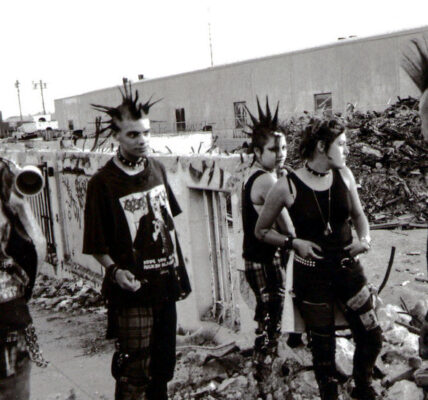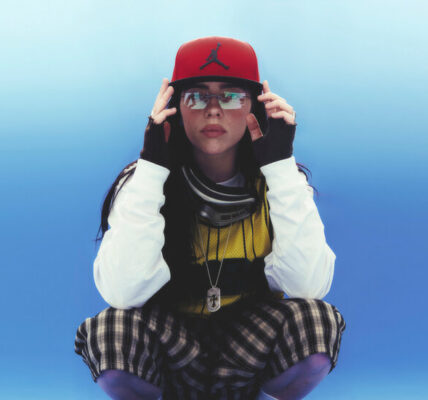And despite the show’s fresh attention to diversity, this Doctor’s race has been barely even alluded to. The episode “Dot and Bubble” implies that one of the very rich, very white inhabitants of a planet under attack rejects the Doctor’s help because of his race, but the implications are so subtle that some may miss the racial undertones completely. And the episode “Rogue” takes place in a “Bridgerton”-inspired alternative version of 1813 as a flimsy workaround for placing a Black Doctor in the middle of Regency-era England without needing to deal with such sticky topics as slavery.
The new “Doctor Who” is a lighter, brighter affair in several other respects as well. For all of the sparkling humanity Gatwa has introduced into a typically more emotionally guarded (read: alien) hero, his Doctor also lacks the ruthlessness and darkness that occasionally surfaces in the character, who has been scarred from witnessing every kind of genocide and war. There’s a risk that this tonal shift is a harbinger of a larger, more permanent change: Disney may be in the early phases of transforming the BBC show much as it has done with other I.P., like Star Wars, which grew into an ever-expanding franchise at the expense of the original product.
Russell T Davies, who has returned as the “Doctor Who” showrunner after successfully kicking off the series reboot in 2005, has infused the show with a level of cheesiness and camp that feels at odds with the series, including his own previous run. In the second episode of the season, the drag theatricality of the Maestro, played by the “RuPaul’s Drag Race” star Jinkx Monsoon, gave more cartoonish Cruella de Vil than menacing god of music, and the season’s song and dance numbers were too “High School Musical” for a show that often digs into the more sinister corners of the universe.
Occasionally even individual episodes felt tonally dissonant from start to end, like “73 Yards,” which began with a promising horror-movie vibe before unraveling with an incomprehensible time-travel paradox plot. And the bleak, gritty “Boom,” by the longtime “Doctor Who” writer-showrunner Steven Moffat, about a war-torn planet where war is the best capitalist incentive, maintained the highest, most believable stakes of the season. The stellar episode was significantly more in line with peak “Doctor Who” than most of the other, more kitschy episodes in the season.
Because with the exception of “Boom,” the series has adopted a fresh gloss to even its appearance; more vibrant colors and costumes, more vivid lighting design and more expensive C.G.I. that, ironically, doesn’t offer much more than artificial-looking, silly antagonists.




